Dear Capital Ketamine Clients:
Greetings, this is Louie Scrattish, Capital Ketamine’s Co-Founder and Medical Director. In recent news, Matthew Perry’s coroner’s report listed the “acute effects of ketamine” as his primary cause of death. It is very reasonable that this would bring up trepidation about ketamine treatments for current and future clients of ours.
I would like to take a moment to share my perspective on this news, hoping that it will shed some light on the situation and ease your mind, if you have concerns. Please see my comments below. Thank you very much for your time.
Autopsy shows Matthew Perry died of ‘Acute effects of ketamine’
(CNN) – “Friends” star Matthew Perry died as a result of “acute effects of ketamine” and subsequent drowning, an autopsy report shows. Read more
Response from Louis Scrattish, MD
Capital Ketamine Co-Founder & Medical Director
At Capital Ketamine two of our three founding principles are safety and transparency. To me, transparency means that we don’t just celebrate the good news regarding ketamine, it means we also acknowledge negative news, reflect on it, and improve our processes. Safety is the principle that all of our procedures are based upon and we rigorously protect our clients from the low chance of serious adverse effects.
Mr. Perry was found unconscious in his pool at approximately 4pm on October 28th, 2023. He was pronounced dead at the scene, and a subsequent autopsy was performed by the County of Los Angeles Medical Examiner. The autopsy was performed by a Senior Deputy Medical Examiner, and it states that “Mr. Matthew Perry’s cause of death is determined to be from acute effects of ketamine. Contributory factors in his death include drowning, coronary artery disease and buprenorphine effects.”
Toxicology tests performed demonstrated that Mr. Perry had a ketamine blood level of 3271 nanograms/mL, which is in the ketamine blood range of patient’s actively undergoing general anesthesia (1000-6000ng/mL). By contrast, studies demonstrate that ketamine blood levels of patients undergoing mental health ketamine treatment were in the 75-185ng/mL range, which is 40 times lower than that of Mr. Perry’s blood level.
There are two major observations I want to highlight:
One, Mr. Perry had a ketamine blood level that is only safe under extremely monitored conditions -such as an operating room or emergency room. This level would be extremely unsafe in an unmonitored setting, alone, and in open water. It should be mentioned that the client experience of these two levels is also markedly different. At low/mental health doses a patient’s lucidity and awareness are still very much intact, while at high/anesthetic doses patients are sedated and unaware of both internal and external stimuli.
Secondly, it is quite clear that Mr. Perry’s ketamine blood level was not related to the ketamine infusion the coroner mentions him receiving ten days prior to his death. This is based on the known ketamine blood levels of patients undergoing ketamine infusions for mental health, and the fact that ketamine has a half-life of under 4 hours, meaning the ketamine he received at the infusion center would be undetectable after less than 24 hours.
At Capital Ketamine we founded our clinic using the highest level of safety precautions and have continued to develop and hone our methods and tools. We maintain the following safety measures to reduce potential adverse effects of ketamine treatment to the lowest possible level:
- Our free intake process is rigorous, taking well over an hour. During this time we ask several questions about current medications, current and past medical conditions and all of this information is reviewed by me prior to any infusion.
- Although we use lower doses of ketamine than we would in the ER, OR or transport-medicine setting, we respect the fact that ketamine is classified by the FDA as an anesthetic and we treat it as such. To that end:
- We ALWAYS have a pair of medical professionals with current ACLS certifications on site at all times when ketamine is being administered.
- We ALWAYS have a medical professional who is extremely experienced helping a patient artificially breath if needed.
- Every client is monitored using advanced cardiovascular equipment the entire time they are undergoing treatment.
- Every client is additionally monitored IN PERSON by a critical care nurse during their entire infusion.
- We have advanced life-saving equipment on hand and ready at all times in case of an adverse event including but not limited to aspirating, cardiac event, trouble breathing, and panic attack.
- We keep each client monitored for 30 minutes following their ketamine infusion to be sure they are not experiencing adverse effects and that they are safe to transition to an unmonitored setting.
- We check in with every client after every treatment in order to detect possible adverse events that are occurring, and to see how we can further optimize each subsequent treatment.
- We do not prescribe any medicines that can be taken at home as we believe the aforementioned safety measures are paramount, and can only be achieved in a carefully controlled, professional setting.
The untimely death of Mr. Perry was tragic and the fact that ketamine was involved requires a rapid, honest, and truly introspective assessment of the procedures of any medical facility that administers or prescribes ketamine. At Capital Ketamine, we strongly believe that ketamine can be a truly life-saving medication, capable of vastly improving our clients lives. It is also a powerful medication that demands our respect and deference.
I would be happy to personally discuss any specific questions and can be reached at scrattish.bsh@gmail.com
Sincerely,
Louis Scrattish, MD
Capital Ketamine Co-Founder and Medical Director

Book Your Capital Ketamine Appointment Today
And start feeling your best again
